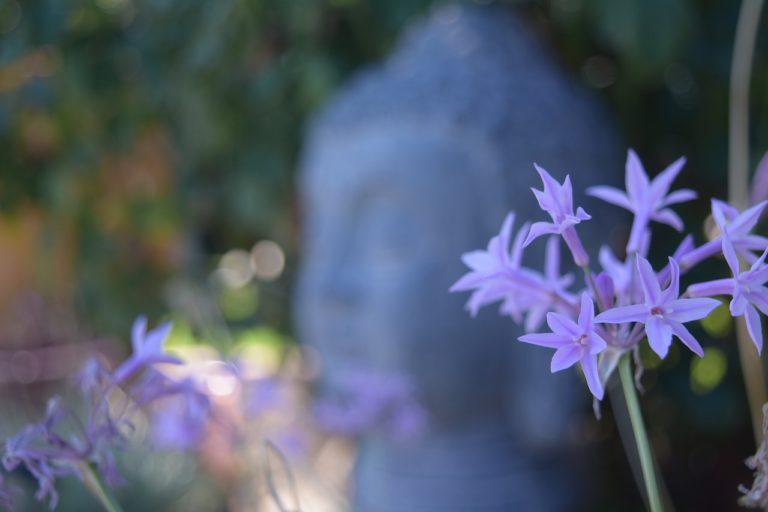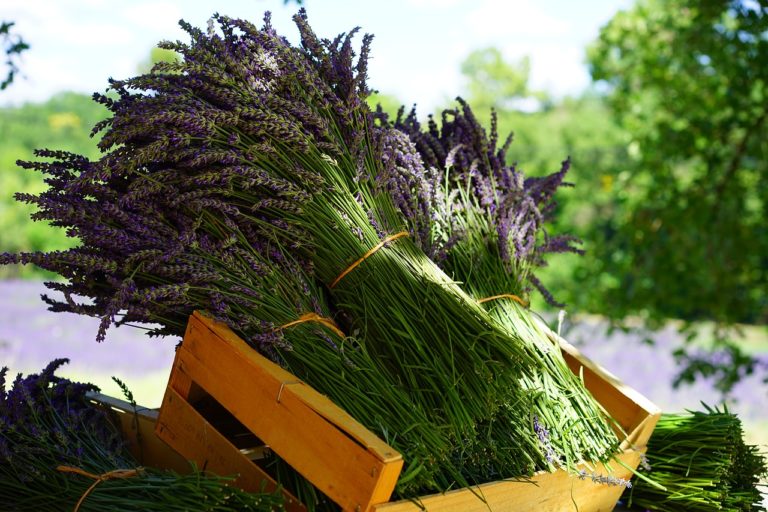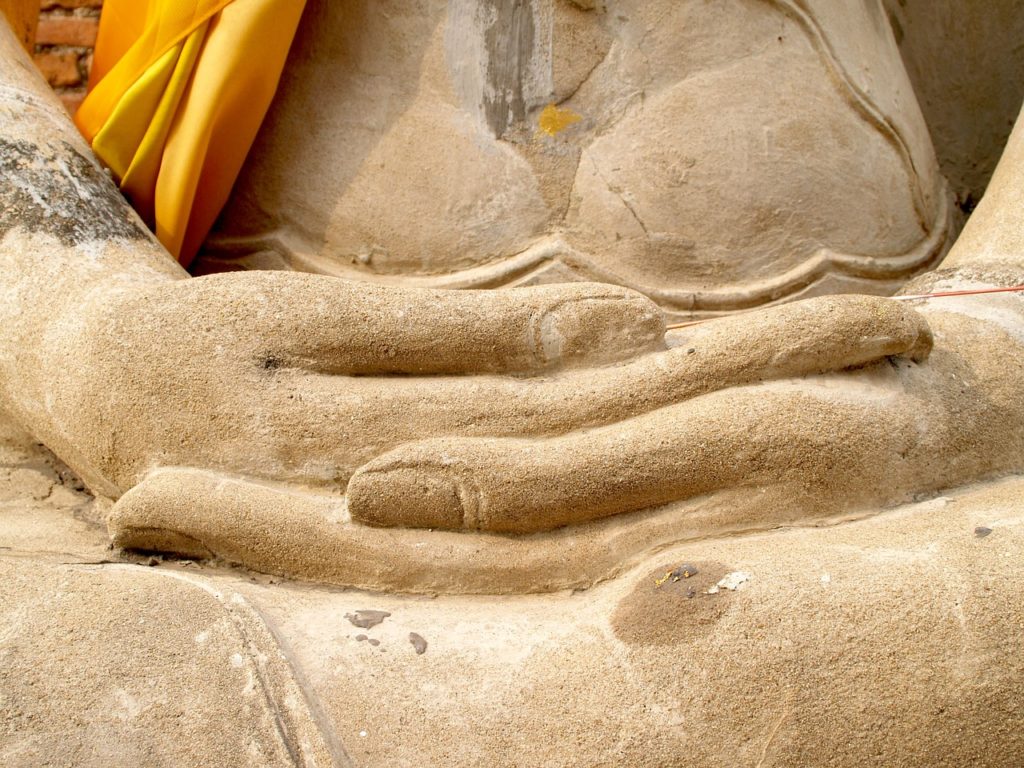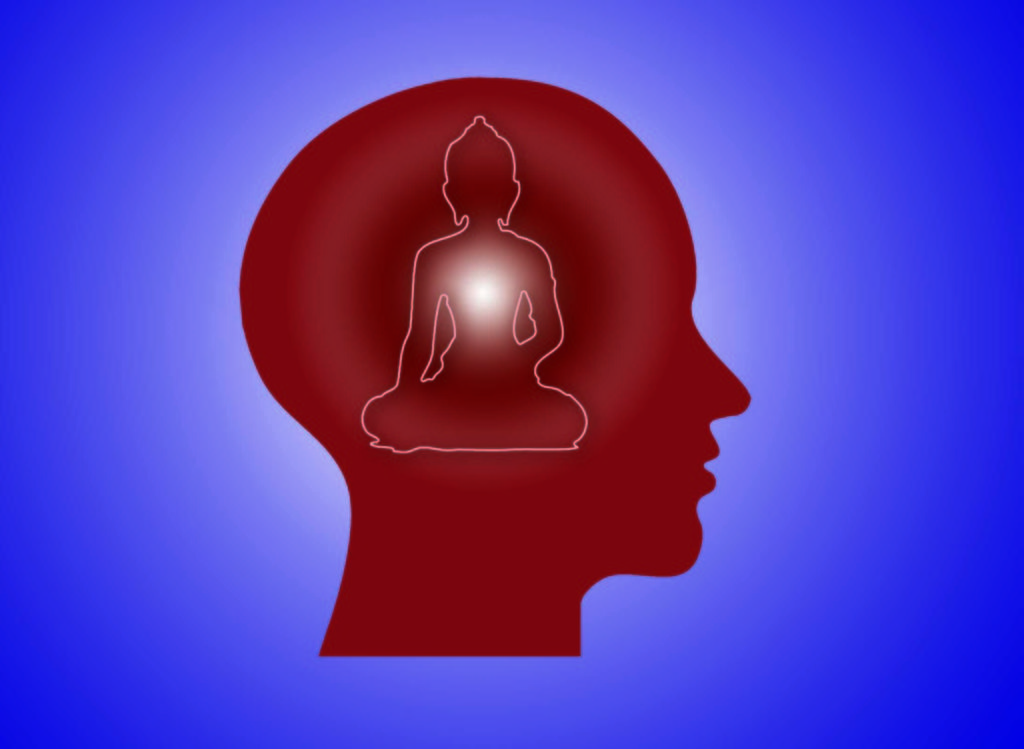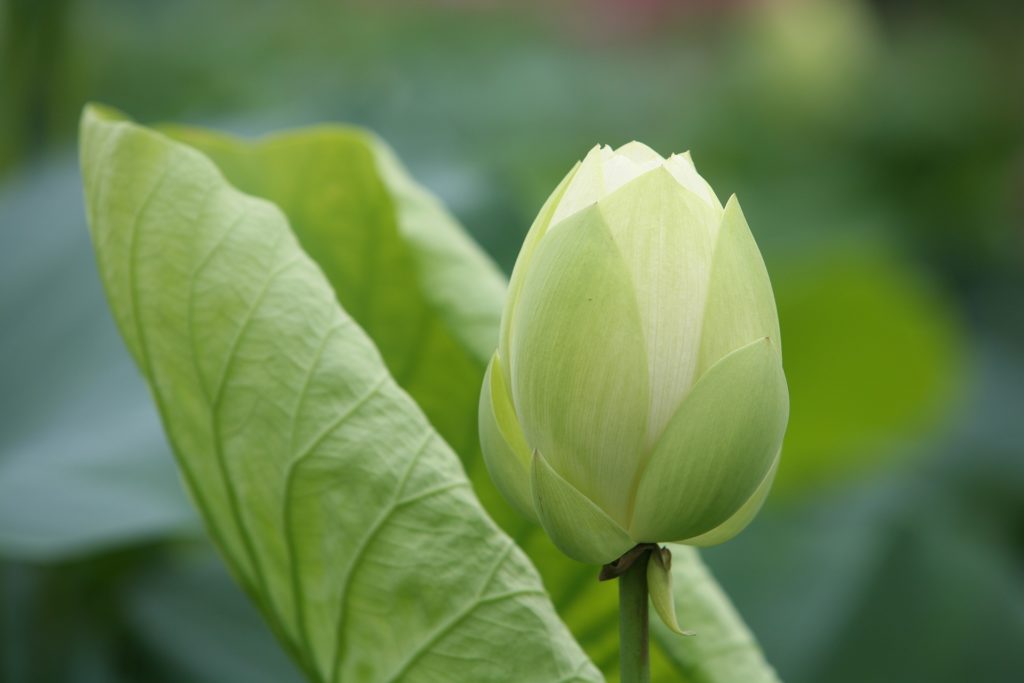
If we realize that the true span of our life is everlasting, then life becomes a lot more interesting and is suddenly rich with possibilities.
If we only focus on how limited our life is, we will begin to think that life is dull and lacks possibilities. We will constantly be hindered by perceived boundaries and will frequently miss opportunities to help others and do good in the world.
Some of you may say that since we all will die one day, it is impossible to say that life is everlasting. But it is only when we view life as merely the existence of the physical body that we regard our life span as limited to only a few decades. We tend to think that our time begins when we are born and ends when we die. Because of our tunnel vision and our attachment to the phenomenal world, we do not realize that our being is much larger than this physical manifestation.
However, when we look at existence in the context of the cycle of rebirth, we have a long history and an unbounded future. Our physical body is like a house. When the house is beyond repair, we move on to a new one. When our bodies grow old and die, we move into a new body. Of course, the kind of body we take up will depend on our cumulative good and bad karma.
If we can break out of our small mindset, we will see that death is, in fact, the beginning of another life.
According to the Buddha’s teachings, death is not the final chapter of life, it merely marks the end of one life and the beginning of another. The Buddha teaches us that life is without beginning and without end. Life is the culmination of causes and conditions and, as such, it is continually changing. Like the water in a fast-running river, it is never the same water. As soon as some water flows away, more comes to take its place. This impermanence is an inherent characteristic of the phenomenal world.
Look around you. We go through birth, aging and death. Likewise, the inanimate world is marked with becoming, existing and ceasing. The sutras say: “Mount Sumeru may be huge and tall, yet it will disappear one day. Despite the great depths of the sea, it will become dry when its time is up. Though the sun and moon shine bright, they will cease to exist before long. The great earth may be strong and holds all there is, but when the fire of karma burns at the end of the kalpa, it, too, cannot escape impermanence.” When we see this truth, we will no longer fear death and rebirth. We will understand that death and rebirth, as previously mentioned, is like moving from one house to the next. So, how do we use our limited time to do good and bring about infinite value?
We should not look at life just as the limited span of one person’s life; we should look at the larger life of the universe. While a person’s life may only span a limited number of years, its value is everlasting.
The continuity of life through one person to another is not unlike the process of spreading fire from one log to another. While the fire of the second log is not the same as the fire of the first log, it represents a continuation of the fire from the first log. In a similar way, from one being to another, we can see the continuity of life. Affinity also transcends one’s life span—its energy flows through life’s continuity and, by building affinity in our lifetime, we will pass it along to the next generation.
Given that we all play linking roles in this continuum of life, how are we to contribute to this larger life? Some people contribute through politics, others through their writing, and others yet through their examples. While these are all worthwhile contributions, Buddhism teaches us a more complete and supreme way. Buddhism teaches that when we discover our own Dharmakaya then we have found our own eternity. Dharmakaya is everywhere and everlasting. Our great teacher, Sakyamuni Buddha, is a great example of one who found eternity in the Dharmakaya. Though the Blessed One entered nirvana over two thousand five hundred years ago, the Dharmakaya of the Buddha is still here with us. This is the meaning of eternity in life and the ultimate example of affinity with time.
From Living Affinity, written by Venerable Master Hsing Yun.
Image from Pixabay.


